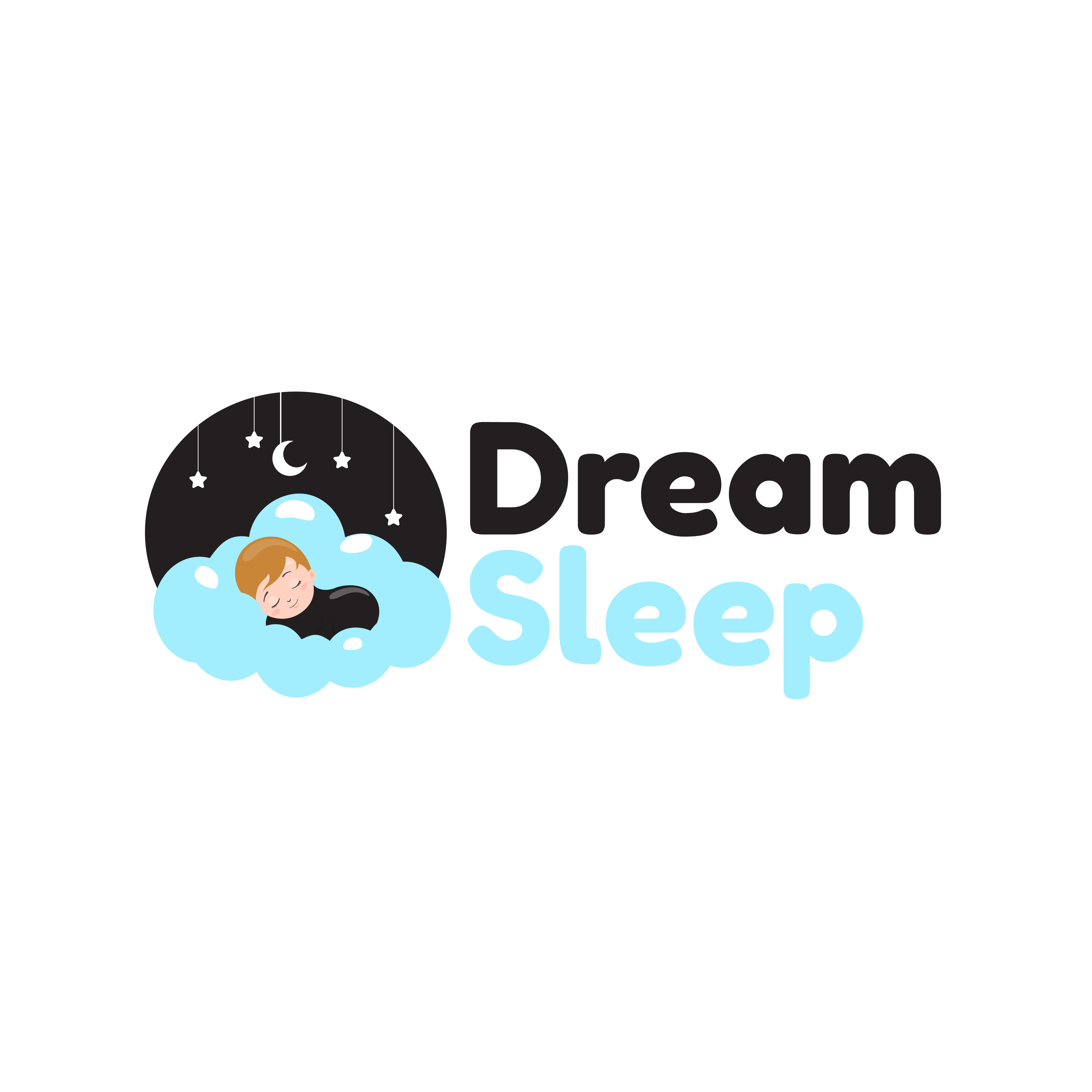What does sleep for a Nine month old infant look like?
At around 9 months of age, infants typically require about 14 to 15 hours of sleep per day, including daytime naps and nighttime sleep. However, every child is different, and individual sleep needs can vary. Here are some general guidelines regarding sleep patterns for a 9-month-old infant:
1. Nighttime sleep: Most 9-month-olds sleep for approximately 10 to 12 hours during the night, although some may sleep for longer or shorter durations. Establishing a consistent bedtime routine can be helpful in promoting better sleep habits. Ensure the sleep environment is safe, comfortable, and conducive to sleep.
2. Naps: At this age, most infants take 2 to 3 naps during the day, usually lasting around 1 to 2 hours each. Nap duration and frequency can vary, and some infants may transition to 2 naps if they haven’t already. Encourage a consistent nap schedule, and observe your baby’s sleepy cues to determine the ideal nap times.
3. Sleep associations: It’s beneficial to help your baby develop self-soothing skills and the ability to fall asleep independently. This means allowing them to settle themselves to sleep without always relying on external factors, such as feeding, rocking, or being held. However, it’s important to strike a balance and provide comfort and reassurance as needed.
4. Bedtime routine: Establishing a calming bedtime routine can signal to your baby that it’s time to wind down and prepare for sleep. This routine can include activities such as a warm bath, gentle massage, reading a book, singing lullabies, or any other soothing activities that work for your baby.
5. Night waking: It’s common for infants to wake up during the night. At this age, some babies may still require one or two nighttime feedings, while others may be able to sleep through the night. If your baby wakes up, assess their needs, such as hunger, discomfort, or needing a diaper change, and respond accordingly while also encouraging them to self-soothe and go back to sleep. Remember that these are general guidelines, and every baby is unique. Some infants may have different sleep patterns or require more or less sleep. If you have concerns about your baby’s sleep, it’s always a good idea to consult with Dream Sleep Occupational Therapy.
To contact Dream Sleep Occupational Therapy via email info@DreamSleepOT.com.au or visit the website.
Or Book Now

Share this:
Leave a comment

For the best sleep possible
Dream Sleep Occupational Therapy provides evidence-based and personalised advice to support your family’s best possible sleep
Contact Us
Open Hours
Mon-Fri: By appointment only
Saturday: Closed
Sunday: Closed
Public Holidays: Closed
WA School Holidays: Closed
Location
Maylands, Western Australia.
Telehealth, online courses and sleep guides- worldwide
All Rights Reserved 2025 Dream Sleep OT.


